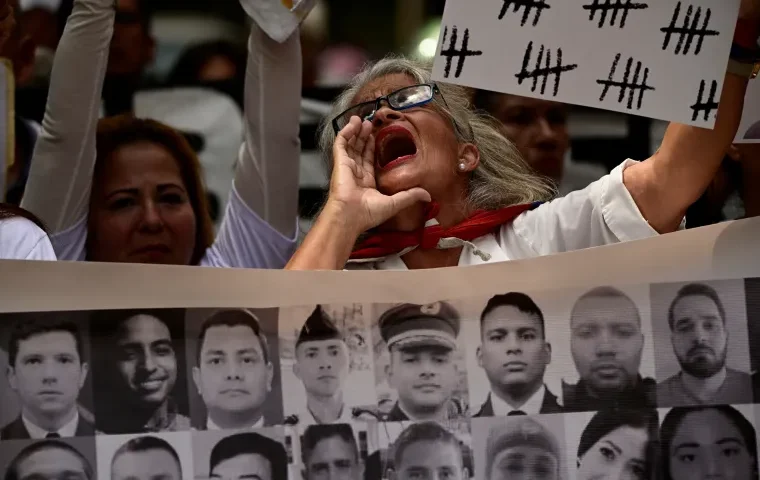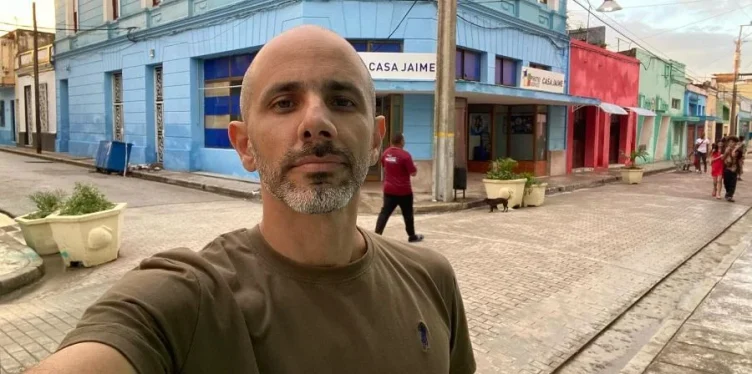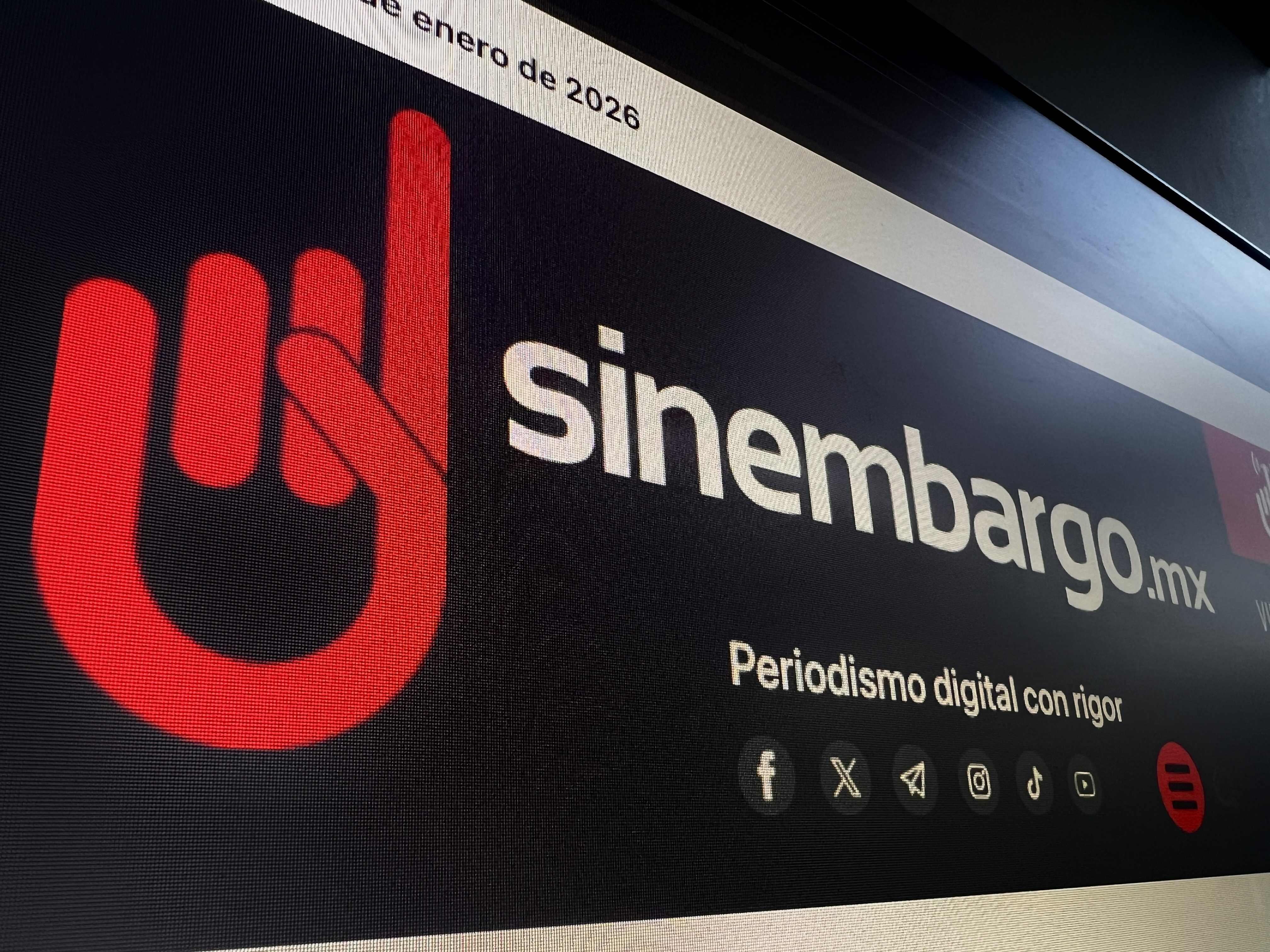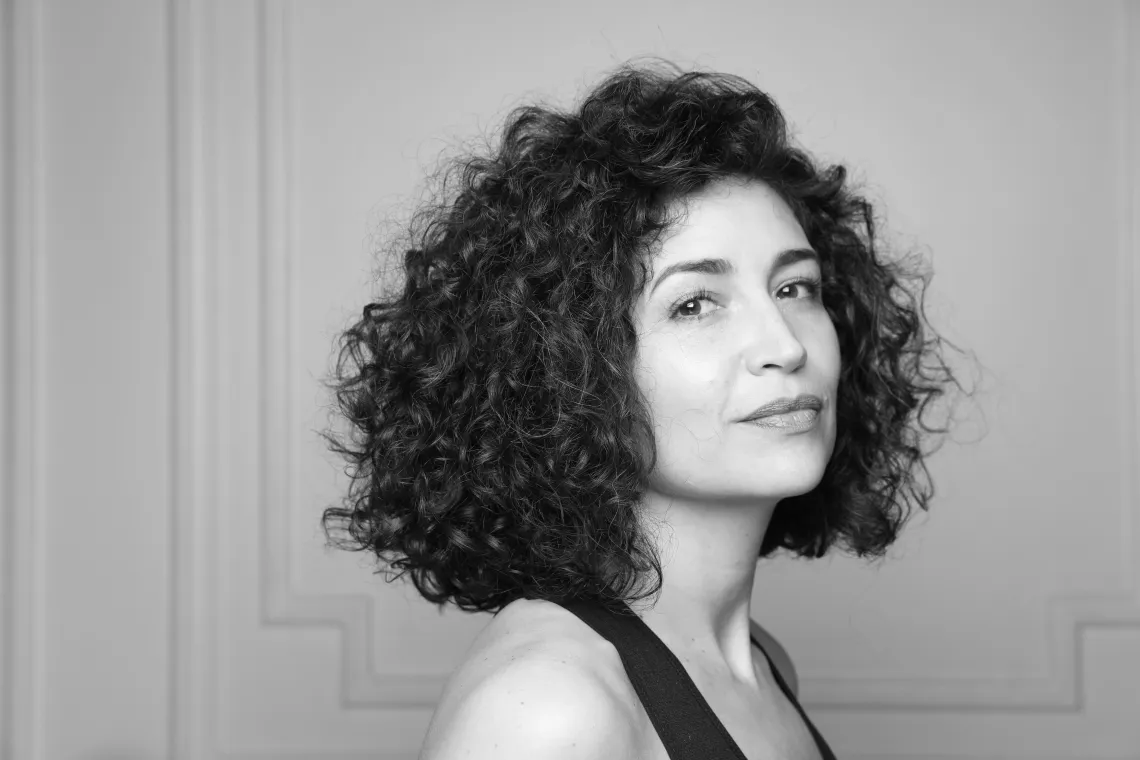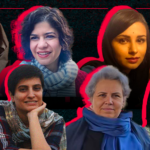
Iran Escalates Repression of Women Journalists Since Mahsa Amini’s Death, RSF Warns
September 16, 2024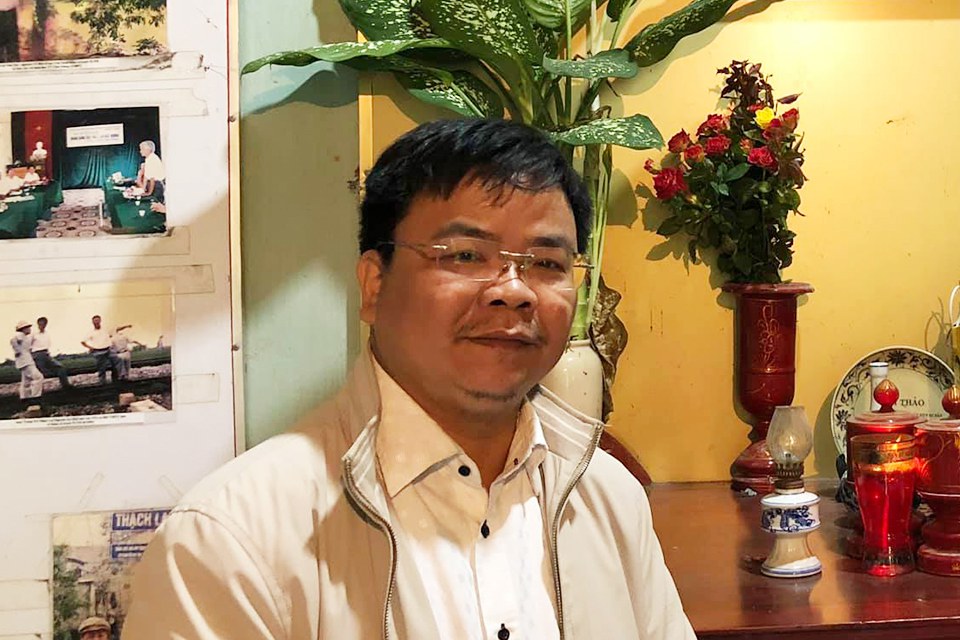
Vietnam Jails Journalist Nguyen Vu Binh for Seven Years Over “Anti-State Propaganda”
September 16, 2024September 16, 2024 – Venezuela –
In the wake of Venezuela’s contested July 28, 2024, presidential election, the country has witnessed an unprecedented wave of repression targeting journalists. According to the Committee to Protect Journalists (CPJ), the number of detained media professionals has reached levels not seen in decades.
Security forces have arrested reporters with alarming frequency—often without warrants and sometimes demanding bribes of up to US$4,000 to avoid detention, CPJ reports. At least 14 journalists have had their passports revoked without explanation, severely restricting their ability to travel or report internationally.
One of the most telling incidents involved Caracas police raiding journalist Carmela Longo’s home in August 2024. They detained her and seized her computers, marking one of at least eight arrests of reporters following the election. Meanwhile, the broader crackdown labeled “Operation Tun Tun” has seen thousands arrested—over 1,600 political detainees, including children—and at least ten media outlets shut down, pushing many journalists into hiding or forcing them to operate underground.
This suppression reflects a broader suppression of independent media. Government-controlled outlets dominate the airwaves, traditional newspapers continue to fold, and internet blackouts or blockages of independent sites further curtail information access. Many reporters now rely on clandestine social media channels to avoid censorship.
Analysts note that the government’s actions are politically driven. Following the election—which the opposition and international observers deemed neither free nor fair—Nicolás Maduro’s administration intensified its grip, using “Operation Tun Tun” to silence dissent, including targeting journalists suspected of covering opposition events. Officers reportedly even coerced families to surrender journalists in exchange for leniency toward their relatives.
In response, press freedom advocates—from CPJ to Venezuelan media unions—have called on authorities to release detained journalists, restore confiscated passports, and halt censorship measures. But as long as the crackdown persists, Venezuela’s independent media community remains in jeopardy, with shattered trust, underground operations, and a looming climate of fear that threatens the future of journalism in the country.
Reference –

